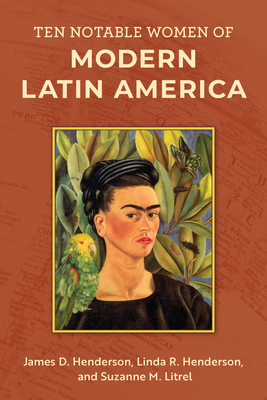In 1930s rural Argentina, a determined fifteen-year-old left an isolated, poverty-stricken life to find her fortune in the "Paris of South America"--Buenos Aires. There, with few connections, little education, but plenty of persistence, Maria Eva Duarte gained a toehold in the city's artistic scene. Eva--Evita--rode the radio revolution to fortune, providing for her mother and siblings. She caught the eye of rising political star Colonel Juan Perón, and with him, she rode the pro-labor wave all the way to the presidential palace. The story of Eva Duarte Perón highlights not just her own extraordinary life but the opportunities seized by women of all classes and background in a post-independence, modernizing Latin America. This work offers an alternate method for understanding post-independence Latin America and its history. The ten figures treated are ethnically mixed, of African, indigenous, European, and mestizo heritage. They include figures from all social classes, geographic settings, occupations seen in colonial Latin America, and they acted over the entirety of the more three centuries of the colonial period. Through their stories, the reader comes away with an enriched understanding of this rich, diverse region.











